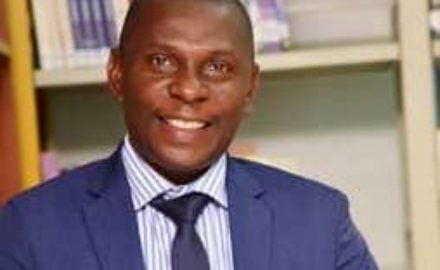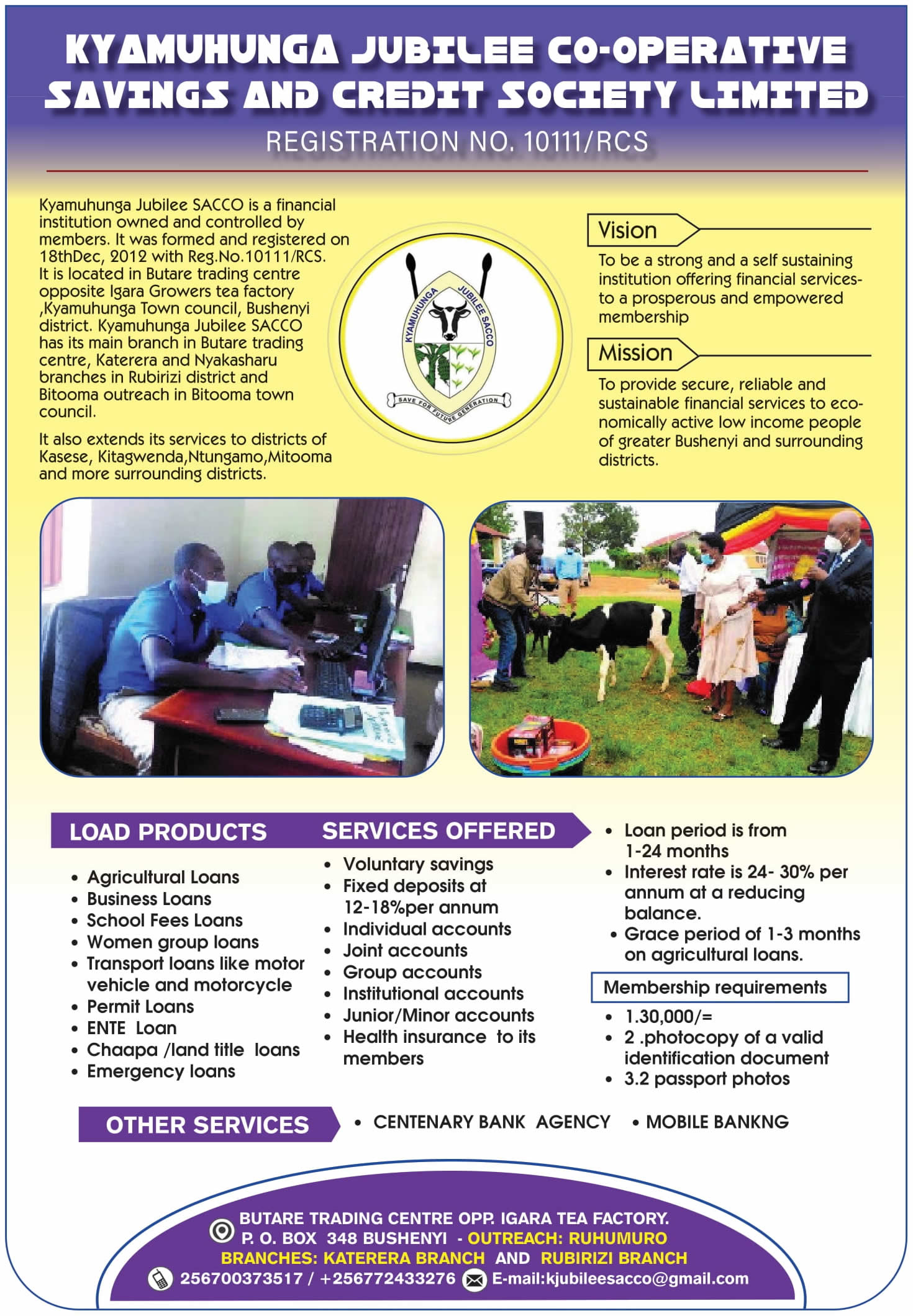OPINION: PROF. MESHARCH’S ANALYSIS ON EFFECTS OF CORONA VIRUS TO EDUCATION SECTOR IN UGANDA
By Associate Professor Mesharch Katusiimeh Rwebiita
www.mknewslink.com
In Sheema

All Ugandan educational institutions experienced shut downs following the directive by President Yoweri Museveni. This was in response to the rapid spread of Coronavirus – an unprecedented moment in the nation’s history that’s likely to have major and long-lasting implications for the country’s education system.
Although most young people appear not to suffer much when they contract the virus, they do contract it and they can give it to others. Adults can be given instructions on how to prevent person-to-person transmission, and can be relied upon to follow those instructions to varying degrees, but it’s almost impossible to get students, especially younger ones, to do so. President Museveni was right to move quickly to close educational institutions because the educational institution environment was well suited to spread disease. It is gratifying that policy makers have clearly explained the reasons for closing educational institutions. However, officials need to be honest about what is known and what isn’t about the impact of these measures for proper planning.
But for the millions of students and their parents, what happens now?
Missing half a term/semester, which is what many educational institutions are looking at, is a significant hit to education. It will take many students a lot of time and effort to catch up.
Whenever educational institutions are closed and education comes to a halt, low-income students suffer. Most students have probably gone hungry because they have been cut off from institutions meals especially if they had sponsors and most don’t extend the offer at their homes. The low income students learning also suffers more than that of other students from well to do families for instance, studies indicate that during holiday time, the reading skills of students from rich families typically continue to develop, while low-income students, on average, suffer a setback. This is probably because kids from well to do families continue to be couched by the parents or can afford instructional materials for students to do self-study.
There are also effects related to students care especially for school children. In Uganda a good number of students are homeless or to put it boldly, the school is the only safe space for them as they are left either unsupervised at home or watched by others, perhaps grandparents or relatives who have no time for them.
What will happen if the situation stays like this?
The pandemic is likely to delay standardized testing for current and prospective student’s education institutions across the country. This will have an impact on how academic achievement is measured.
Now that schools have closed, knowing when to reopen them will be difficult. To have any public health impact, school closings will have to be maintained for the duration of the epidemic. However, I would like to suggest that at some point schools will have to open but with stringent instructions from government. Schools could change their routines. They could commit to increased physical distancing; more and regular hand washing; daily screening; and increased cleaning. Other measures could include prohibiting mixing in common areas, limiting outside visitors, field trips, and nonessential social events. These are unpleasant steps, but taking these actions might prevent schools from having to take much more draconian measures later.
Adopt E-Learning?
The COVID-19 pandemic has resulted in educational institutions across the world being compelled to suddenly harness and utilize the suite of available technological tools to create content for remote learning for students. Educators across the world are experiencing new possibilities to do things differently and with greater flexibility resulting in potential benefits in accessibility to education for students. These are new modes of instruction that have previously been largely untapped. Institutions will have to shift their instruction online, require parents to buy devices and later sending students’ home with devices and schedules for times to log on, along with directions for parents to help them stay on top of assignments.
However, the reality for the majority of our schools and other education institutions is that online learning isn’t an option. Students lack internet accesses at their homes. For those students at lower levels, there are not many parents who can afford to stay home from work to help them. Worse still, many students don’t have computers or devices with which they can actively participate and use in e-learning. In Uganda the majority of the homes have no electricity. Revising notes and increased hours of study by students and other students is almost nonexistent. The post coronavirus educational institution must invest in e-learning if it is to survive. This also applies to parents or sponsors of students too.
Lastly, the notion of an educator as the knowledge-holder who imparts wisdom to their pupils is no longer fit for the purpose of a 21st-century education. With students being able to gain access to knowledge, and even learn a technical skill, through a few clicks on their phones, tablets and computers, we will need to redefine the role of the educator in the classroom and lecture theatre. This may mean that the role of educators will need to move towards facilitating young people’s development as contributing members of society.
Dr. Katusiimeh is an Associate Professor – Governance & Dean Faculty of Arts & Social Sciences Kabale University. He is also a Director Rwebiita Preparatory School Sheema Municipality & Chairperson Board of Governors Nganwa High School. He can be contacted on Tel. 0772620852/0704372780 Email mkatusiimeh@gmail.com*
www.mknewslink.com a greater western Uganda news website
Email: wmuhwezi75@gmail.com
Tel: +256702680106





























 Views Today : 111
Views Today : 111 Views Yesterday : 563
Views Yesterday : 563 Views Last 7 days : 2984
Views Last 7 days : 2984 Views This Month : 9562
Views This Month : 9562 Total views : 1434245
Total views : 1434245 Who's Online : 0
Who's Online : 0 Your IP Address : 13.58.45.238
Your IP Address : 13.58.45.238